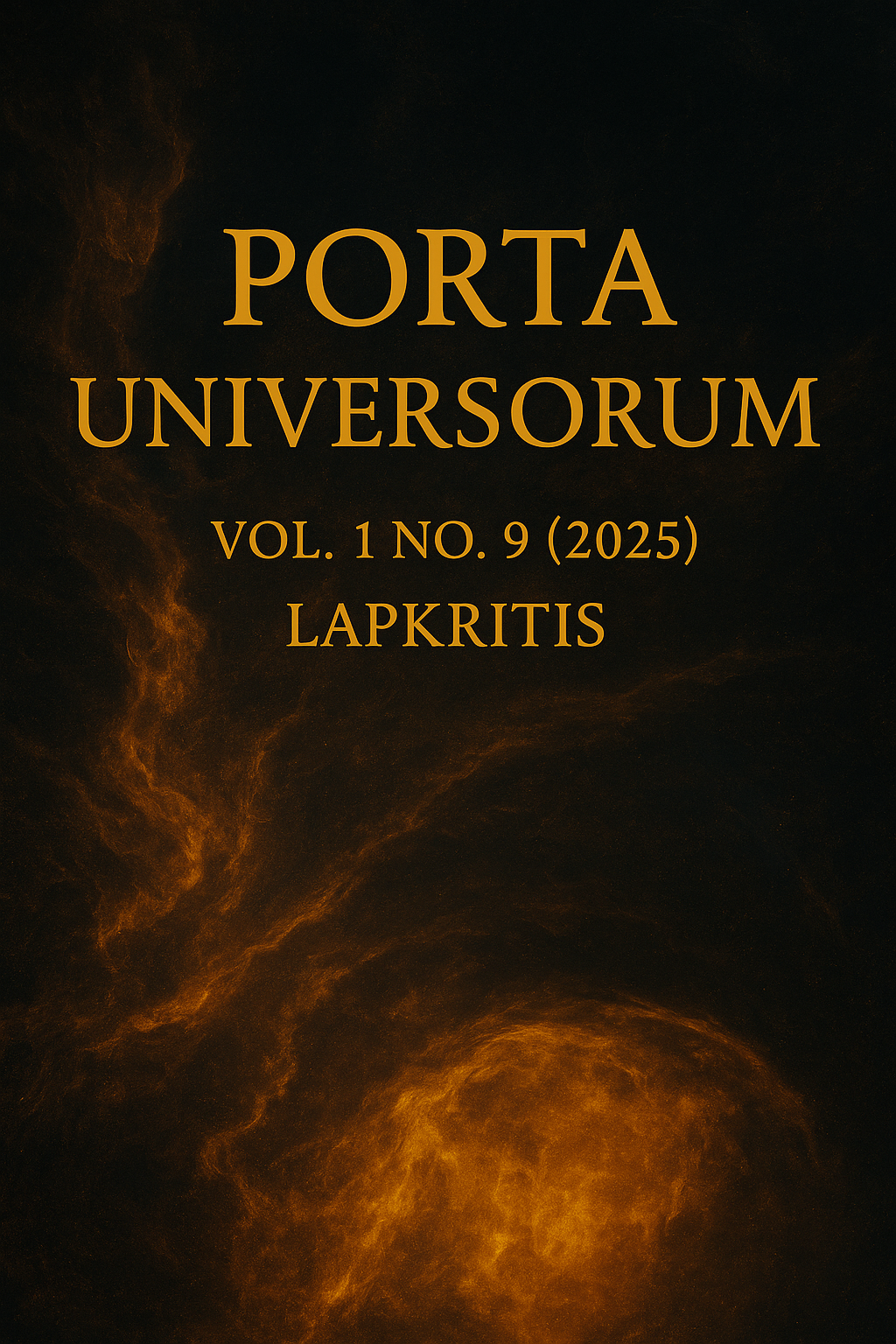Effective Strategies for Teaching Music Online or in Blended Classrooms
DOI:
https://doi.org/10.69760/portuni.0109001Keywords:
effective strategies, music teaching, online classroom, auditory feedbackAbstract
This paper explores effective strategies for teaching music in online and blended learning environments, emphasizing pedagogical design, technology integration, engagement, assessment, and inclusivity. Using a narrative review methodology, recent studies and case reports were analyzed to identify best practices in digital and hybrid music instruction. Findings indicate that effective online music teaching requires more than transferring traditional methods to digital platforms; it involves rethinking pedagogy to sustain interaction, feedback, and musical expression. Flipped-classroom models, adaptive learning technologies, and collaborative activities enhance engagement and performance outcomes. Additionally, personalized feedback, formative assessment, and inclusive design help address challenges related to technological access and learner diversity. The study concludes that successful online and blended music education depends on strategic integration of technology with student-centered pedagogy, fostering creativity, collaboration, and accessibility. These insights support educators in designing flexible, effective, and equitable approaches to music teaching in evolving digital contexts.
References
Babayev, J. (2022). Online versus offline learning. ZNANSTVENA MISEL Учредители: Global Science Center LP,(66), 24-25.
Babayev, J. (2022). Characteristics of online learning. POLISH JOURNAL OF SCIENCE Учредители: Громадська Організація" Фундація Економічних Ініціатив"= Общественная Организация" Фундация Экономических Инициатив",(50), 67-68.
Babayev, J. (2025). Application of Social Platforms in Language Learning. Acta Globalis Humanitatis et Linguarum, 2(3), 141-148.
Chang, Y.-L. & Hashim, M. N. (2024). Innovative Strategies for Improving the Engagement of Online Music-Ensemble Classes Through Flipped Teaching. Wacana Seni Journal of Arts Discourse, 23 (Supp. 1), 85-98. https://doi.org/10.21315/ws2024.23.s1.8
Cruywagen, S. & Potgieter, H. (2020). The world we live in: A perspective on blended learning and music education in higher education. The Journal for Transdisciplinary Research in Southern Africa, 16(1), a696. https://doi.org/10.4102/td.v16i1.696
Johnson, C. (2017). Teaching music online: Changing pedagogical approach when moving to the online environment. London Review of Education, 15(3), 439-456. https://doi.org/10.18546/LRE.15.3.08
Lee, K.-Y. (2021). The Pedagogical Strategies for Online Music Learning of Instrumental Lessons in Higher Education. In Proceedings of the 7th International Conference on Humanities and Social Science Research (ICHSSR 2021) (pp. 1356-1360). Atlantis Press. https://doi.org/10.2991/assehr.k.210519.265
Sabir, B. J. (2023). The values as a content in person-oriented education. International Journal of Philosophical Studies and Social Sciences, 3(5), 130-135.
Sun, Y., Loo, F. C., & Yeoh, P. S. (2022). Observing Blended Learning in Vocational Piano Education: A Case Study of Classroom Dynamics. International Journal of Academic Research in Progressive Education and Development, 14(1). http://dx.doi.org/10.6007/IJARPED/v14-i1/24986
Tan, H. & Brahmakasikara, L. (2022). A Blended Learning Design to Improve Non-Music Students’ Knowledge of Chinese Traditional Music in Hunan Agriculture University. ABAC ODI Journal Vision. Action. Outcome. https://doi.org/10.14456/abacodijournal.2021.17
Zhang, Y., Beh, W. F., & Zhang, C. (2024). A Systematic Review of Blended Learning Strategies and Outcomes in Music Education. Harmonia: Journal of Arts Research and Education, 24(2), 247-262. https://doi.org/10.15294/harmonia.v24i2.18523
Downloads
Published
Issue
Section
License
Copyright (c) 2025 Porta Universorum

This work is licensed under a Creative Commons Attribution-NonCommercial 4.0 International License.
License Terms
All articles published in Porta Universorum are licensed under the Creative Commons Attribution–NonCommercial 4.0 International License (CC BY-NC 4.0). This license permits:
-
Sharing (copying and redistributing the material in any medium or format),
-
Adapting (remixing, transforming, and building upon the material),
-
for non-commercial purposes only,
-
with proper attribution to the original author(s) and source.
Commercial use of the material is not permitted without prior written permission from the publisher.




